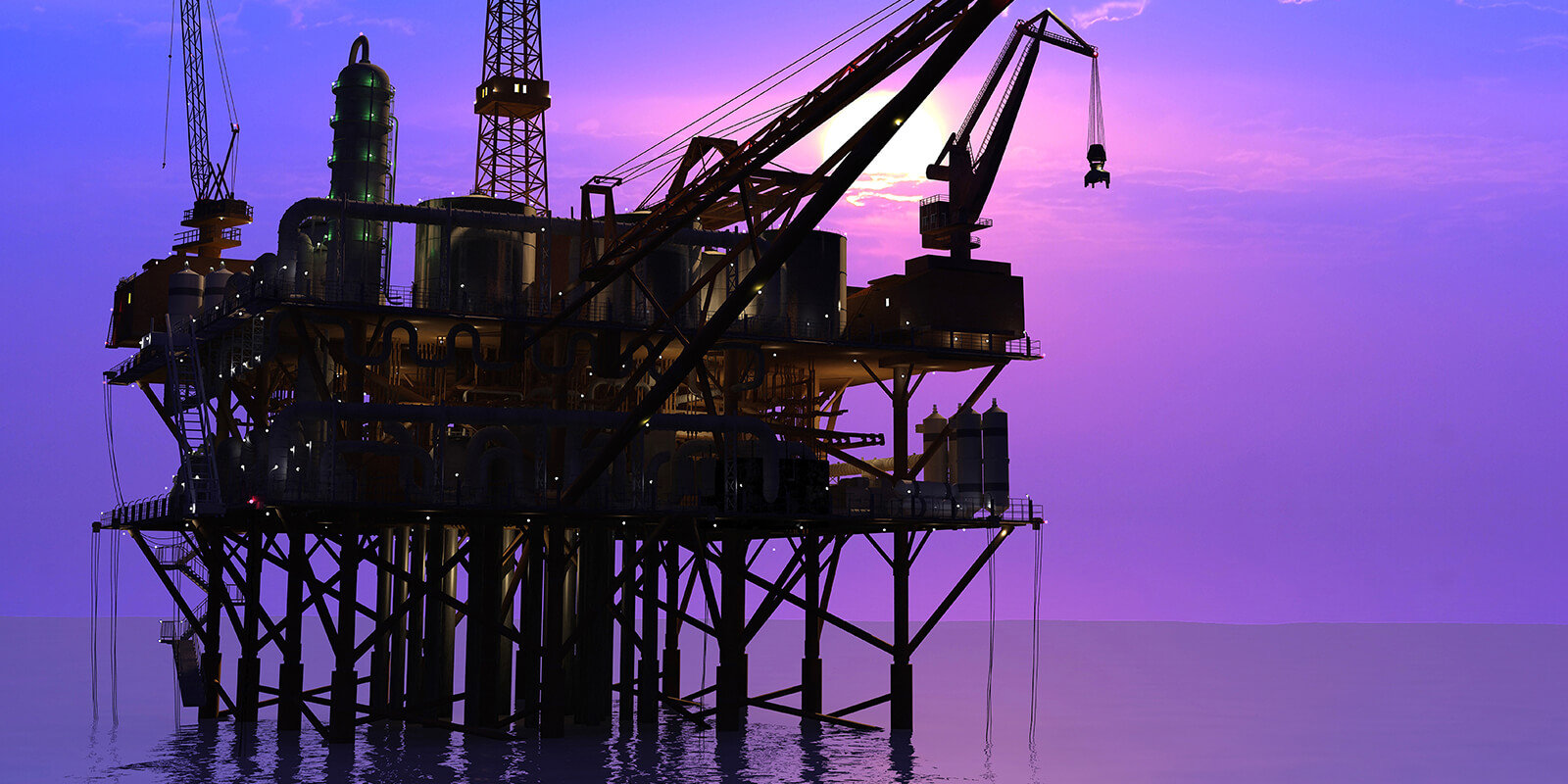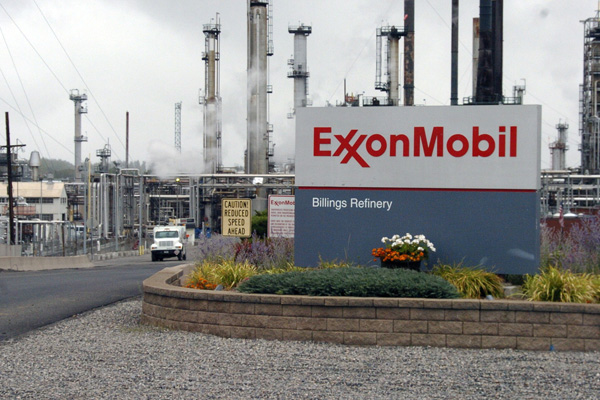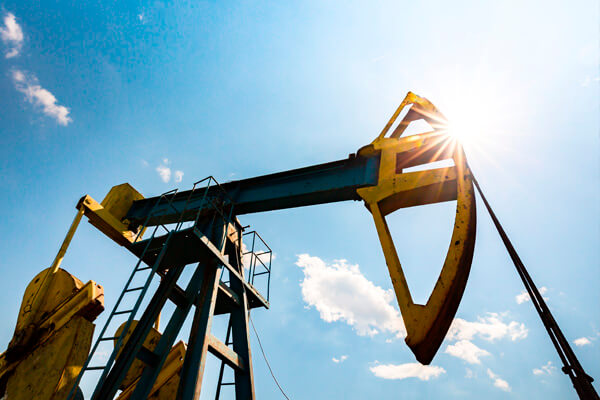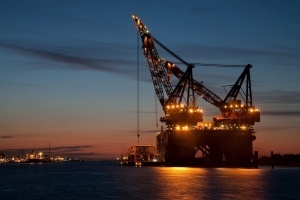Mexico raises the bar on oil deals as Latin America vies for investment
FROM: Reuters / Marianna Parraga, Adriana Barrera / 2 de Febrero de 2018
MEXICO CITY (Reuters) – Mexico has raised the bar on oil contracts in Latin America after sweetening terms to attract international energy firms, luring $93 billion in future investment in the region’s first big auction this year.
On Wednesday, Mexico awarded 19 of 29 deepwater blocks onoffer, comfortably more than the seven areas expected to be assigned. Anglo-Dutch oil major Royal Dutch Shell emerged as the biggest winner, with nine blocks.
Unique for generous terms such as setting a cap on royalties that oil firms can pledge to the government in bids, Mexico faces off this year with Brazil, Argentina, Ecuador and Uruguay.
They will all hold auctions for oil and gas fields in 2018 that require billions of dollars in investment from foreign firms.
Mexico is due to hold major auctions in March and July.
While Brazil’s prolific deepwater presalt oilfields are expected to attract aggressive bidding from oil majors, other regional rivals could be forced to revise the terms of their auctions if Mexico scores another win in its next auction for shallow water areas in March, analysts said.
Argentina and Ecuador have already changed their terms over the past year in preparation for their 2018 auctions. Argentina has lowered labor costs and some taxes, while Ecuador switched to production sharing from service contracts.
Oil prices have reached three-year highs near $70 per barrel in 2018, giving the world’s top energy companies a cash boost and improving the chances that they will have the funds needed for big-ticket projects in Latin American.
The industry is, however, emerging from a recession that cost tens of thousands of jobs and forced companies to slash spending on expensive projects such as those in deep waters. Oil majors have committed to keeping tight control on costs and will only bid for what they see as the most profitable projects.
Oil executives and industry specialists say the terms on offer in Mexico, as well as the potential for major finds in the country’s deep water, made it attractive on Wednesday.
At the auction, the decisive bidding parameter was the cash bonus that firms pledged. Shell won several bids with cash bonuses that drew surprised gasps from an audience mostly made up of executives from bidding firms and members of the media.
Mexico collected $525 million in cash.
While the government has limited its own take at the auction, the estimated $93 billion in investments pledged to develop the blocks auctioned is about 1.5 times greater than the amount involved in the previous eight auctions.
”COMPETITION FOR CAPITAL’
After the government of Mexico started auctioning oilfields in 2015, it tweaked the terms of the bidding process several times, following a historic energy reform that ended state oil firm Pemex’s 75-year monopoly over the sector.
The liberalization, the most ambitious plank of President Enrique Pena Nieto’s economic policy, started just as oil prices crashed in 2013-2014.
The government had to balance the need for a big enough take for the state to placate opponents of the reform with ensuring there was enough potential profit to attract foreign firms.
“Mexico understood how tough the competition for capital was in a very difficult oil price environment,” consultant Pablo Medina told Reuters.
After failing to award a large number of blocks in previous auctions, the government regarded the results of this week’s deepwater bidding round as a success.
As well as the limits on royalties, sweeteners included allowing foreign firms to propose areas to be included in the bidding rounds and relaxing the qualification process.
Mexico also put a stop to “additional investment pledges.” This makes it harder for small companies to win by making unrealistic promises, but further limits the mandatory investment in projects.
“What we are looking for is that the market tells us how big royalty should be and how much government take is possible to achieve,” Salvador Ugalde, head of the Mexican Finance Ministry’s Hydrocarbon Income Unit, said Wednesday.
Brazil, which plans a busy auction schedule for 2018, does not expect Mexico’s auctions will lower interest in its own offerings, said Marcio Felix, Brazil’s oil and gas secretary.
In Brazil’s last round in October, Shell and BP were the biggest winners.
“We have a set of companies that have an appetite for a certain type of asset,” Felix told Reuters on Thursday.

FROM: Reuters / Marianna Parraga, Adriana Barrera / 2 de Febrero de 2018








